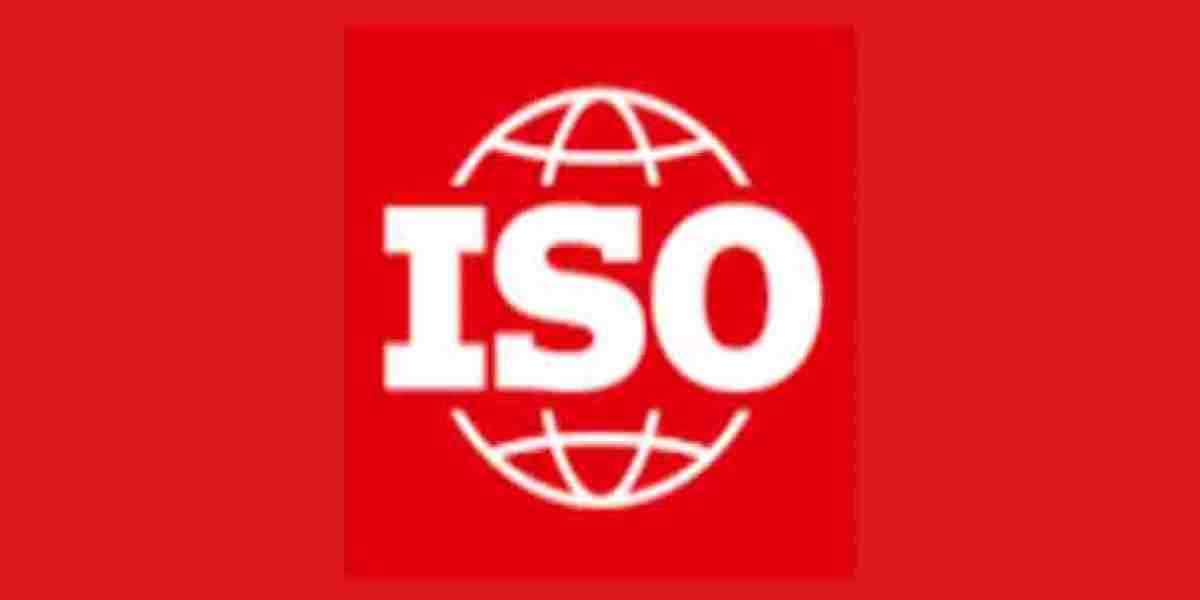In today’s complex regulatory environment, businesses must ensure they are not engaging with sanctioned entities to avoid hefty fines and reputational damage. Sanctions list screening software is crucial in this compliance landscape, helping organizations identify and mitigate risks efficiently. This blog outlines the top features to look for in sanctions list screening software, ensuring you make an informed decision that supports your compliance efforts.
Comprehensive Database Coverage
A key feature of effective sanctions list screening software is comprehensive database coverage. The software should include a wide range of sanctions lists from various authorities, such as the Office of Foreign Assets Control (OFAC), the United Nations (UN), and the European Union (EU). Additionally, it should cover regional and sector-specific lists to provide a thorough screening process. Having access to an extensive database ensures that businesses can comply with both global and local regulations, minimizing the risk of inadvertently engaging with sanctioned parties.
Real-Time Updates and Alerts
Sanctions lists are frequently updated, and staying compliant requires real-time information. The best screening software offers real-time updates and alerts, ensuring that businesses are immediately notified of any changes. This feature is vital for maintaining up-to-date compliance and taking swift action to address potential issues as they arise. Real-time alerts help organizations avoid delays that could lead to non-compliance and its associated penalties.
Advanced Search and Filtering Capabilities
Efficient search and filtering capabilities are essential for quickly identifying potential matches on sanctions lists. The software should allow users to perform advanced searches using various criteria, such as name, country, and industry. Filtering options can help narrow down results, making the screening process more precise and manageable. This ensures that businesses can swiftly identify and address potential risks without wasting time on irrelevant data.
Integration with Existing Systems
Seamless integration with existing business systems, such as Customer Relationship Management (CRM) and Enterprise Resource Planning (ERP) systems, is crucial for efficient operations. The best sanctions list screening software offers robust integration tools, including APIs, to facilitate smooth data exchange between systems. This integration minimizes the need for manual data entry, reducing errors and saving time.
User-Friendly Interface
A user-friendly interface is vital for ensuring that all team members can easily navigate and utilize the software. An intuitive design reduces the learning curve, allowing users to quickly become proficient in using the software. Key features to look for include clear navigation, easy access to important functions, and helpful tutorials or guides.
Automated Screening and Monitoring
Automation is a significant advantage in sanctions list screening software, as it reduces the manual workload and increases accuracy. Automated screening processes can continuously monitor transactions and client databases, ensuring that any changes in sanctions lists are promptly reflected in the screening results. This constant vigilance helps businesses stay compliant without dedicating excessive resources to manual checks.
Detailed Reporting and Analytics
Comprehensive reporting and analytics tools are essential for demonstrating compliance and identifying trends in screening results. The software should provide detailed reports that can be used for audits and internal reviews. Analytical features can offer insights into the effectiveness of the screening process, helping businesses refine their compliance strategies over time.
Data Security and Privacy
Data security is a critical concern when handling sensitive information. The best screening software should adhere to strict data protection regulations and incorporate robust security measures, such as encryption and secure data storage. Ensuring data privacy helps businesses maintain trust with clients and regulatory bodies.
Scalability and Customization
As businesses grow, their compliance needs may evolve. Scalable software solutions can adapt to increasing volumes of data and more complex compliance requirements. Additionally, customizable features allow businesses to tailor the software to their specific needs, enhancing its effectiveness in various operational contexts.
Support and Training
Reliable customer support and comprehensive training resources are essential for maximizing the value of sanctions list screening software. Look for vendors that offer ongoing support, including technical assistance and regular updates. Training programs can help ensure that all users are knowledgeable about the software’s features and best practices.
Cost-Effectiveness
Finally, it’s important to consider the cost-effectiveness of the software. Evaluate the total cost of ownership, including initial setup, subscription fees, and any additional costs for updates or support. Balancing the cost against the benefits and features offered can help businesses make a financially sound decision.
Conclusion
Selecting the right sanctions list screening software is crucial for maintaining compliance and managing risks effectively. By focusing on comprehensive database coverage, real-time updates, advanced search capabilities, and seamless integration, businesses can enhance their compliance strategies. Additionally, prioritizing features such as user-friendly interfaces, automated processes, detailed reporting, and strong data security will ensure that the software meets all operational needs. Investing in robust sanctions list screening software, along with AML software and Deduplication Software, can significantly bolster an organization’s overall compliance and data management efforts, providing peace of mind in a complex regulatory landscape.
By incorporating these essential features, businesses can navigate the intricacies of compliance with confidence and efficiency.








